Social media brings a lot of joy to our lives, allowing us to connect with our friends, no matter how far away they are. However, because of this, it can be pretty easy to overuse. To save yourself from worse-case scenarios, here are some signs you’re becoming addicted to social media.
Constantly Checking for Notifications

A constant urge to check for notifications, even when your phone hasn’t buzzed, suggests a deep-seated habit. This behavior often interrupts daily tasks and conversations, making it hard to stay focused on the present moment. It’s concerning because it’s becoming so habitual that your brain is doing it automatically.
Sharing Every Detail of Your Life

A lot of people these days feel compelled to share every moment of their life on social media, which is a classic signal of an addiction. This need to document and post updates about meals, outings, or mundane activities may indicate an over-dependence on online validation, so try to start keeping some details to yourself.
Measuring Self-Worth by Likes and Comments

One of the most classic signs of social media addiction is relying on the number of likes and comments to feel good about yourself. This reliance on external validation can affect your self-esteem terribly and lead to a constant need for approval from your online audience, which is worrying.
Checking Your Phone First Thing in the Morning
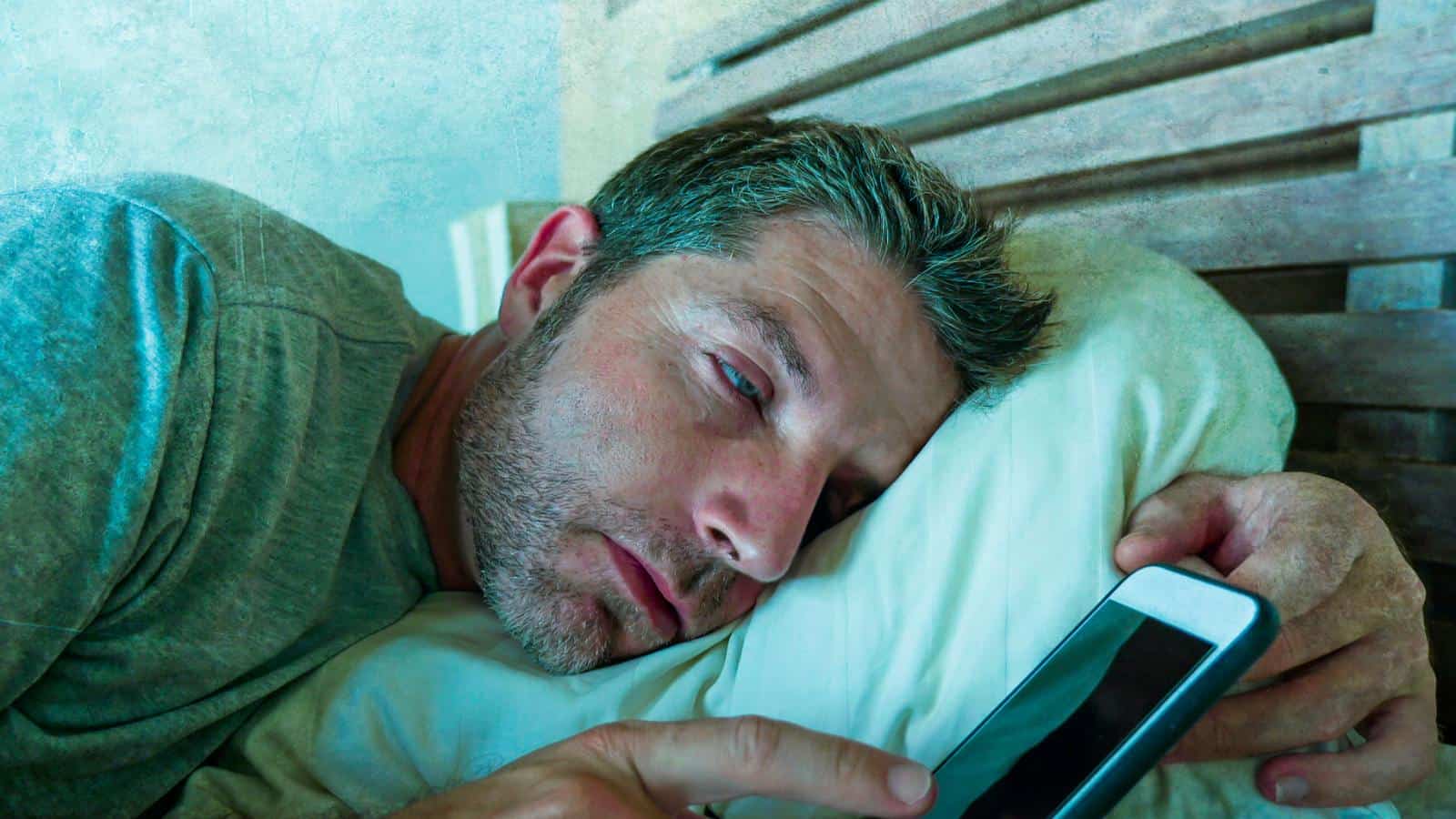
If you’re guilty of grabbing your phone as soon as you wake up, this could be a sign of social media addiction. Before even getting out of bed, the urge to scroll through notifications can indicate an over-reliance on digital interaction. As Forbes explains, this can also expose you to negativity, ruining the rest of your day, so consider waiting until you’ve had your breakfast before you sign in.
Feeling Anxious Without Access

It’s a serious red flag if you’re feeling restless or anxious when you’re unable to check your social media accounts. This discomfort can occur when you’re out of data, experiencing network issues, or in a location without internet access. Social media is supposed to enhance our lives, not dominate it, so it might be time for a break.
Alarming Screen Time

You should always monitor your screen time using your mobile devices because many people discover that it’s overwhelmingly high, which is concerning. If most of your time is spent on social media apps or even just over two hours per day, it might be worth considering the impact on your productivity and mental health.
Spending More Time Interacting Online Than In Person

Social media is great, but it’s nowhere near as cool as the real world, so if you prefer online interactions over face-to-face conversations, it’s time to take a step back. This is especially concerning if digital connections start replacing real-life relationships, as this can impact the quality of your social interactions and personal connections.
Using Social Media to Escape Reality
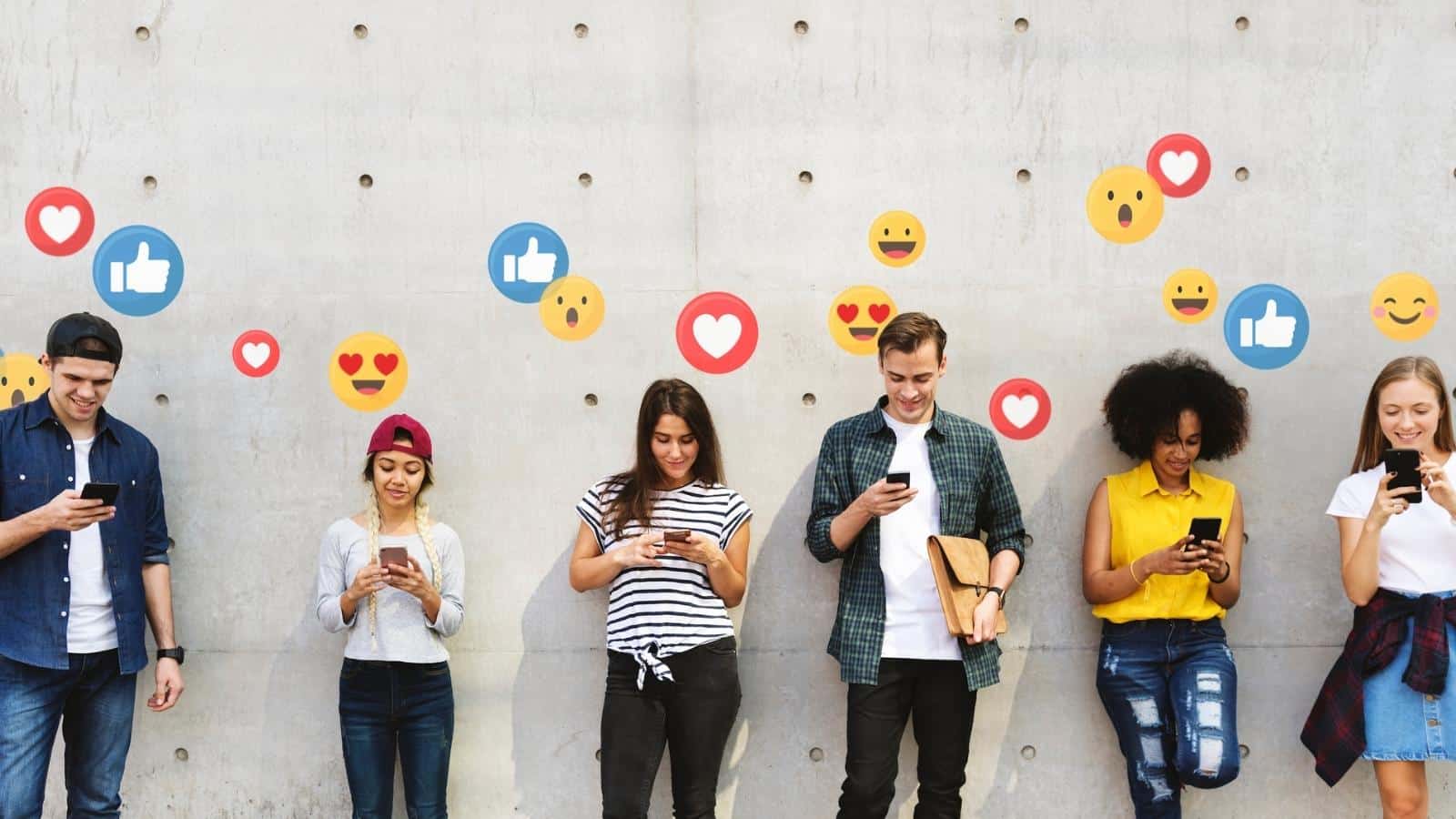
Sadly, many people use social media as a primary means to escape from real-life problems and stress, pointing to an unhealthy dependency. This avoidance behavior can prevent you from addressing issues and finding real-world solutions. If this sounds like you, consider putting down your phone and fixing some issues in your life.
Neglecting Responsibilities for Social Media

When social media use interferes with your responsibilities at work, school, or home, it’s a clear sign of addiction. Procrastinating or neglecting important tasks in favor of scrolling can lead to negative consequences in various areas of life. Take a break, and social media will still be waiting for you when you get all your tasks done.
Experiencing FOMO (Fear of Missing Out)
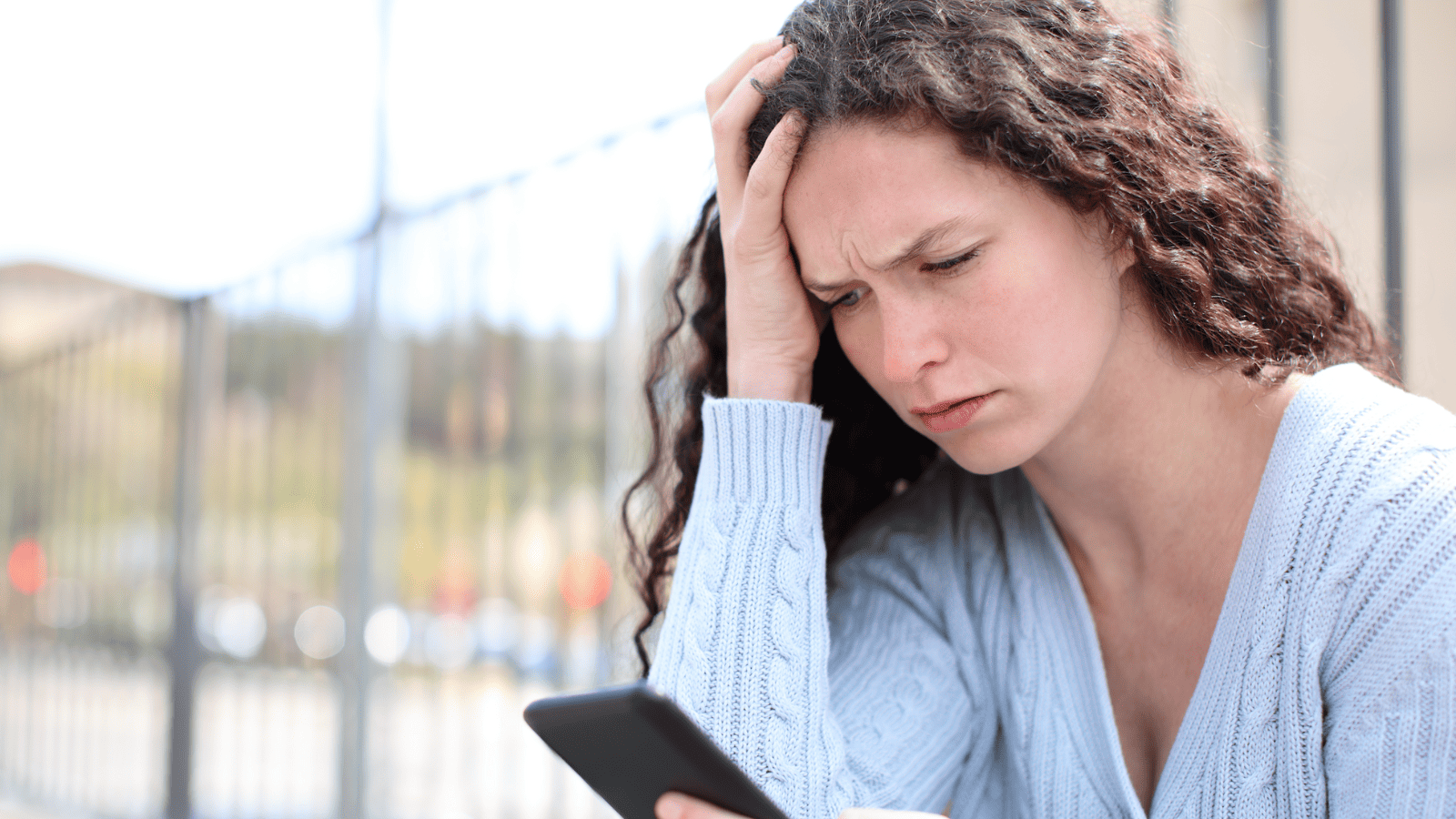
If you’re constantly worrying that you’re missing out on something happening on social media, this suggests a dependency. Boomers call this the “fear of missing out,” or “FOMO”, a fear that can drive you to obsessively check your accounts, disrupting your ability to enjoy offline activities and moments. Trust us–you’re really not missing out on anything by taking a break.
Following Trends Religiously
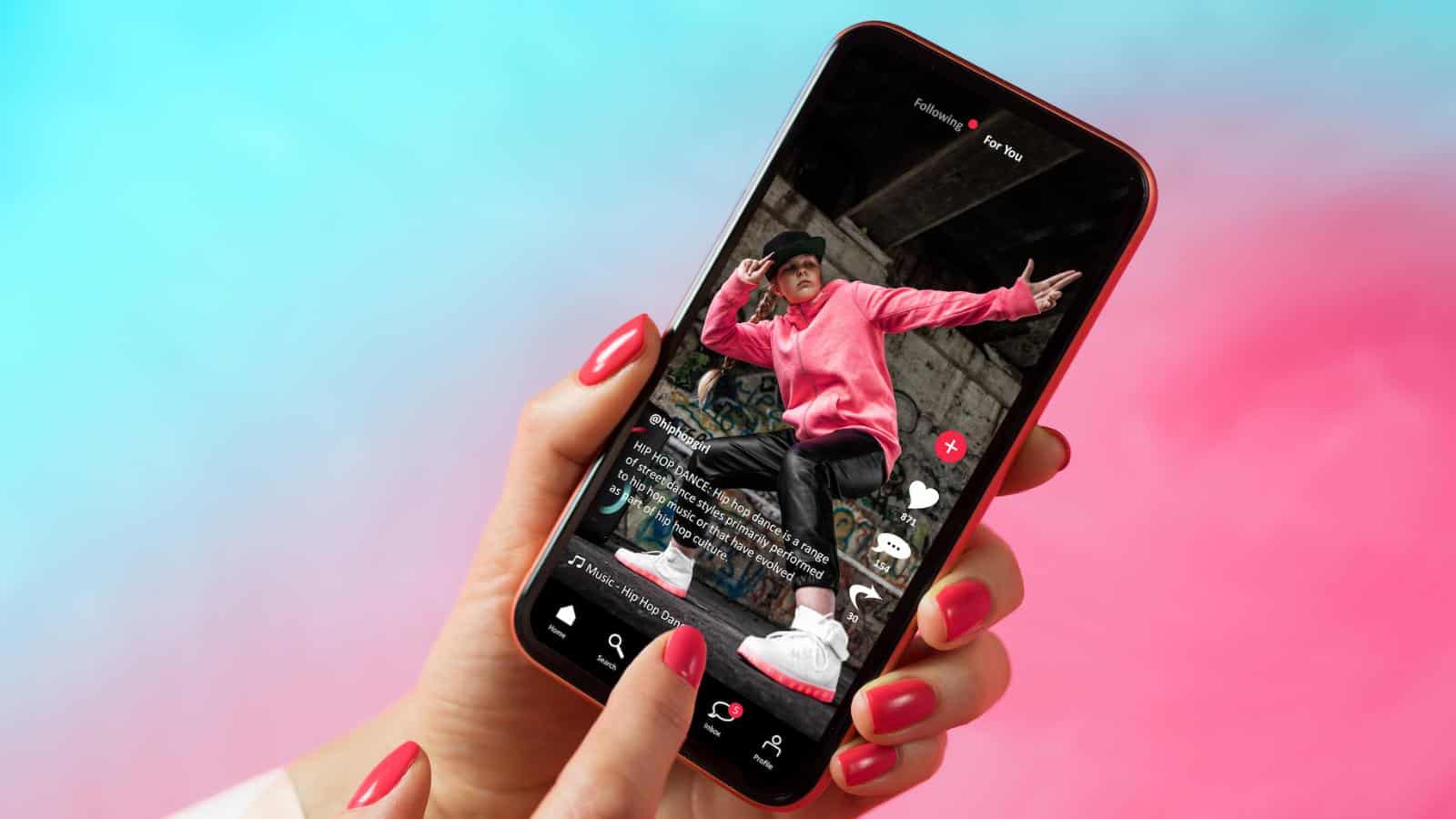
A lot of people nowadays obsessively keep up with the latest social media trends, and their lives depend on them, which is worrying. If that sounds like you, you can probably relate to how it can consume a significant amount of your time and energy. Worse still, it prevents you from being your true, individual self, which is far more interesting.
Mood Being Affected by Social Media

Any time you notice your mood fluctuating based on what you see on social media, it is due for serious concern. This could be experiencing elation from positive comments or depression from negative posts that you’re reading. Either way, your emotional well-being should never be so heavily influenced by online interactions.
Constantly Comparing Yourself to Others

One of the worst aspects of social media is how it makes you compare your life, appearance, and achievements to those of others on social media. This habit can lead to feelings of inadequacy and dissatisfaction as you’re constantly measuring yourself against curated online personas. Worst of all, the people you’re comparing yourself to are usually carefully curating their online image so their lives are no more perfect than yours.
Losing Track of Time Online
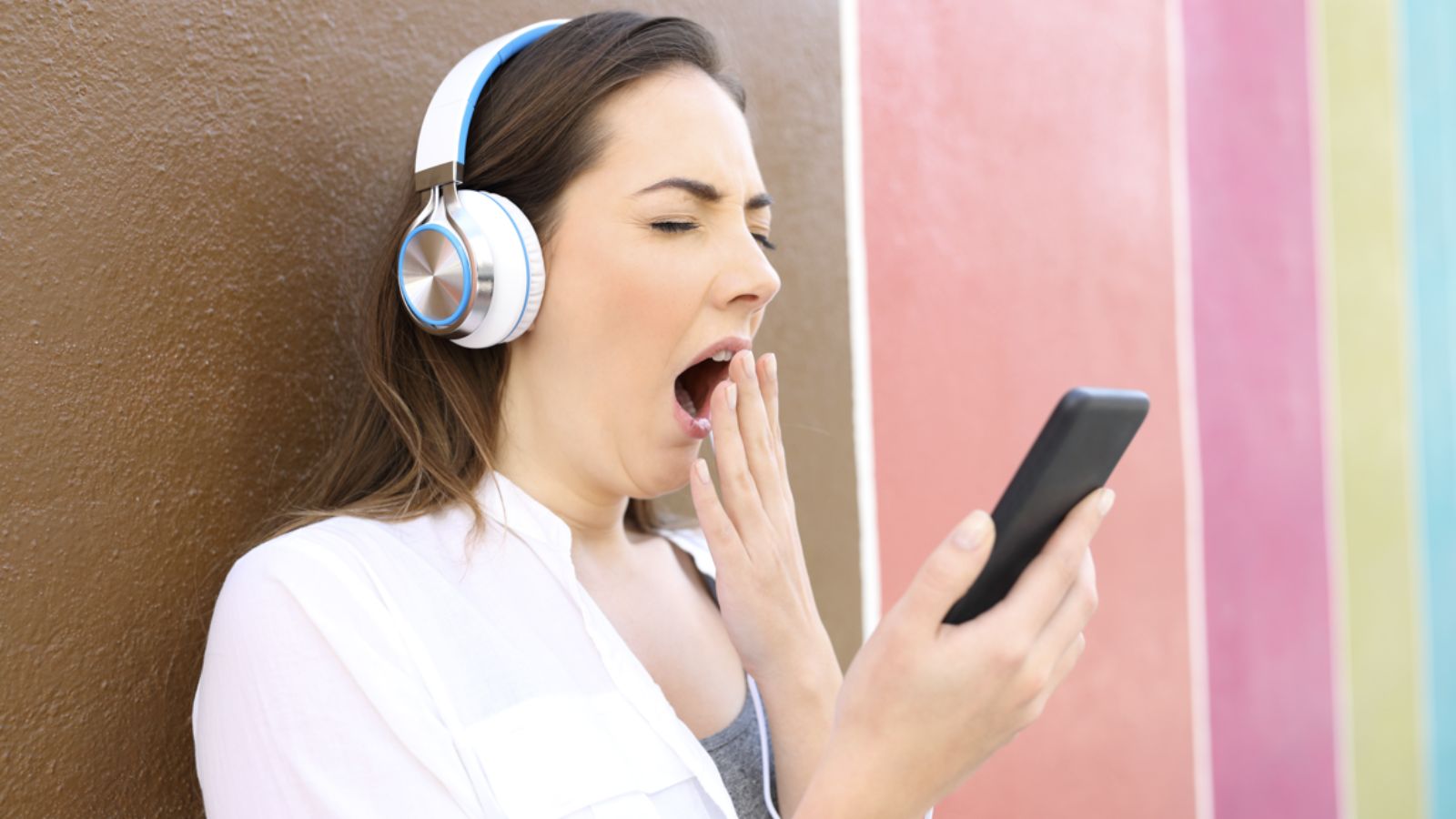
It’s very easy to lose track of time while browsing social media, only to realize hours have passed. If this is happening to you a lot, that’s a telltale sign of addiction. This time distortion can interfere with your daily schedule and productivity, making it difficult to manage your time effectively. Often, you go to sleep wondering where all the hours went.
Difficulty Taking Social Media Breaks

If you’ve realized that you’re using social media too much, yet you struggle to take breaks, this is a classic sign that the problem is more serious than you initially thought. The inability to disconnect, even for short periods, suggests a strong reliance on these platforms for engagement and entertainment, so it might be time to take this more seriously.
Having Multiple Accounts Across Platforms
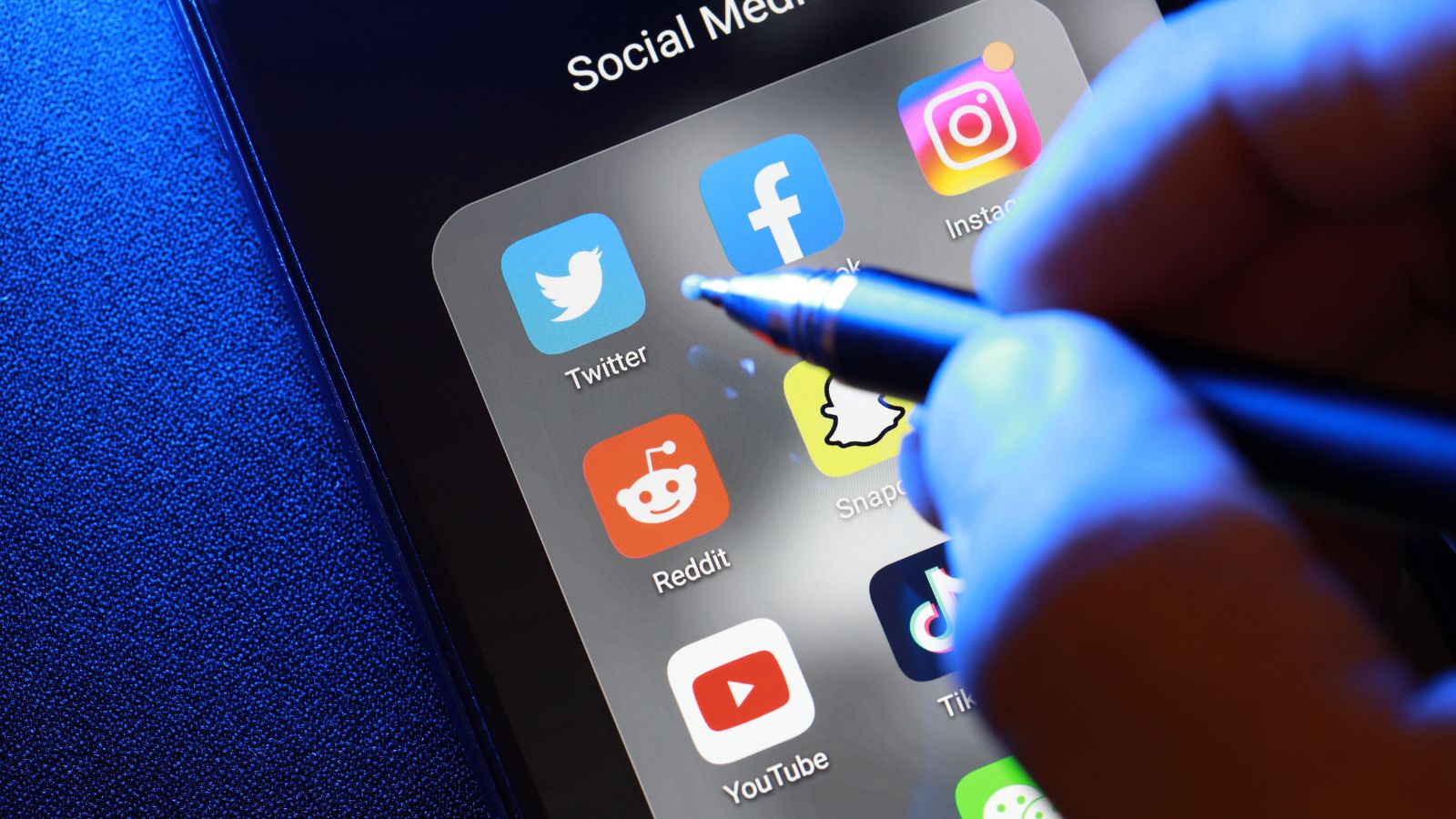
Bizarrely, a lot of people manage multiple social media accounts across different platforms, which can be a sign of addiction. Sometimes, this might be due to business reasons, but either way, it’s not healthy. The need to stay active and updated on various sites indicates a deep commitment to maintaining a constant online presence, which can be exhausting.
Sneaking Peaks During Conversations

These days, most people consider it to be very rude to check your phone during conversations with friends or family, so if you find yourself doing this, you clearly can’t help yourself. This habit shows that social media has taken priority over real-life interactions, potentially damaging relationships and reducing the quality of your social life.
Sacrificing Sleep for Scrolling
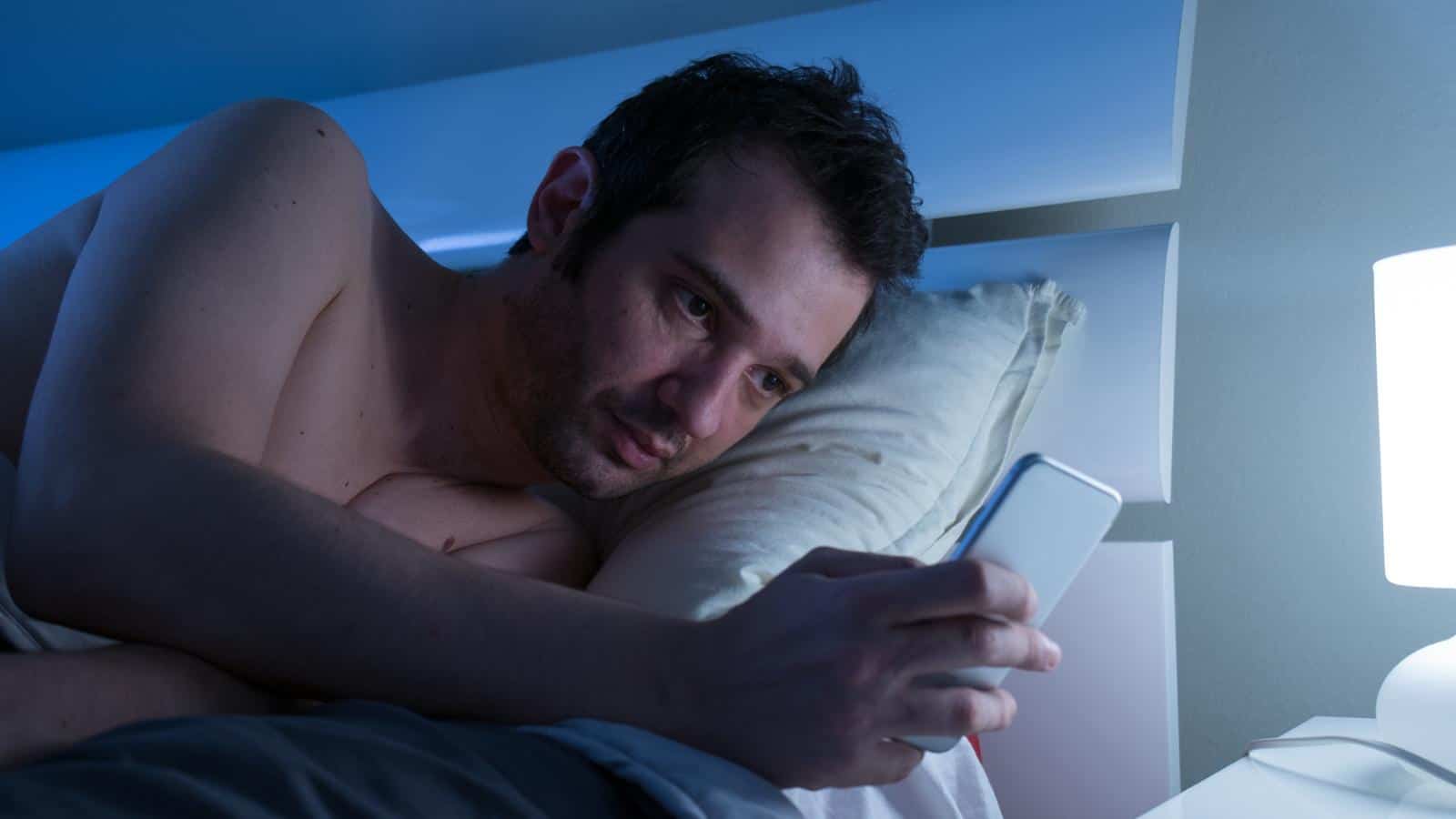
Any social media addict can relate to staying up late into the night, scrolling through social media like your life depends on it. This is absolutely awful for your sleep, leading to sleep deprivation, reduced melatonin production, and overall poor health. You’ll likely feel unrested in the morning, and you can probably see the reason why.
Struggling to Focus Without Checking

Some people find that they have an inability to focus on tasks without frequently checking social media, which is a worrying sign. This constant need for distraction disrupts your concentration and efficiency, making it hard to complete tasks in a timely manner. So, if you experience this, you might want to start setting aside dedicated time to social media.
Prioritizing Social Media Over Hobbies

When social media starts replacing activities you once enjoyed, it’s a sign of a deeper issue. You might find yourself spending less time on hobbies or interests in favor of scrolling, which is just kind of sad. Get back to your hobbies, even if they don’t feel as rewarding at first, and you’ll soon rekindle your love for them, realizing how hard social media had you in its grasp.
Feeling Depressed After Social Media Use

Above all, social media should be making you happy, not depressed, so if you’re feeling the latter after usage, it might be time to reassess your habits. Negative feelings after browsing can signal that the content you’re consuming is affecting your mental health or you’re neglecting other important areas of your life. Take a break, and if you just can’t do that, you need to seek support.

